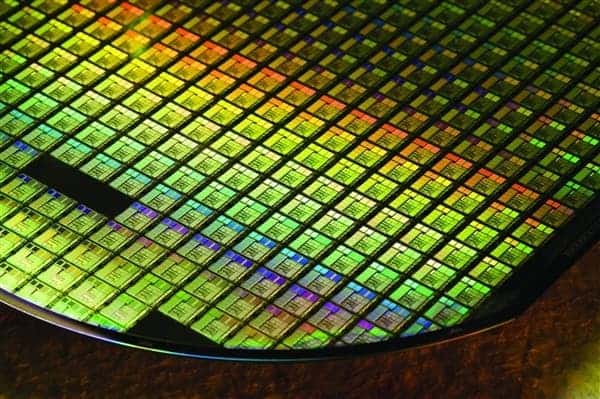Today, Samsung Electronics released its second-quarter financial report for the fiscal year 2020. The financial report shows that Samsung’s second-quarter revenue was 52.97 trillion won (approximately $44.477 billion), down 5.63% from 56.13 trillion won in the same period last year. The net profit attributable to shareholders of Samsung’s parent company was 5.49 trillion won (approximately $4.609 billion), an increase of 8.38% from 5.06 trillion won in the same period last year.

According to the financial report, Samsung’s semiconductor division’s sales in the second quarter were 18.23 trillion won (approximately $15.308 billion) and operating profit was 5.43 trillion won (approximately $4.560 billion).
Samsung Electronics said that the company’s chip foundry business has achieved a record quarter and half-year revenues as customers’ inventories are preparing to grow. However, Samsung Electronics did not separately announce the revenue of this business in the press release.
Gizchina News of the week
4nm Chips by Samsung Electronics
Samsung Electronics also revealed that it has begun mass production of 5nm chips and is developing a 4nm process. In the field of chip foundry business, Samsung Electronics currently ranks second. The number one is TSMC, with a market share of 52% last year.
Regarding the competition between TSMC and Samsung Electronics, TSMC founder Zhang Zhongmou once said that Samsung Electronics is a very powerful opponent. TSMC currently has the advantage. But the war between TSMC and Samsung is definitely not over, and TSMC has not won.
Prior to this, TSMC mentioned the 4nm process on its official website when holding the second-quarter conference call. And it stated that it would start the 4nm process as an extension of the 5nm process. In addition, the 4nm process will be compatible with the design rules of the 5nm process. And they will have a cost-effective advantage over the 5nm process. It is aimed at the next wave of 5nm products, which is planned for mass production in 2022.
3nm Chips
As for TSMC’s 3nm process, there is an official confirmation that it will continue to use FinEFT technology. The main consideration is that customers’ designs in the 5nm process can also be used in the 3nm process. There is no need to face the problem of redesigning products. TSMC can maintain its own cost competitiveness and gain more customer orders.
In the face of Samsung and TSMC’s faster and faster introduction of advanced manufacturing processes, we don’t imagine how Intel will change its gameplay next.





